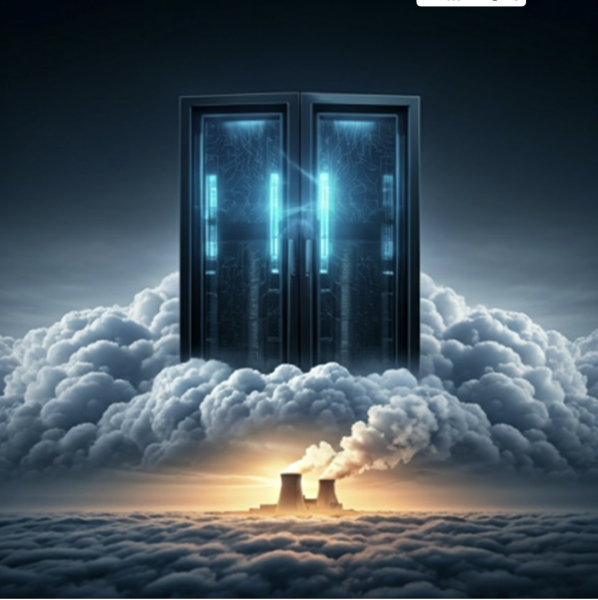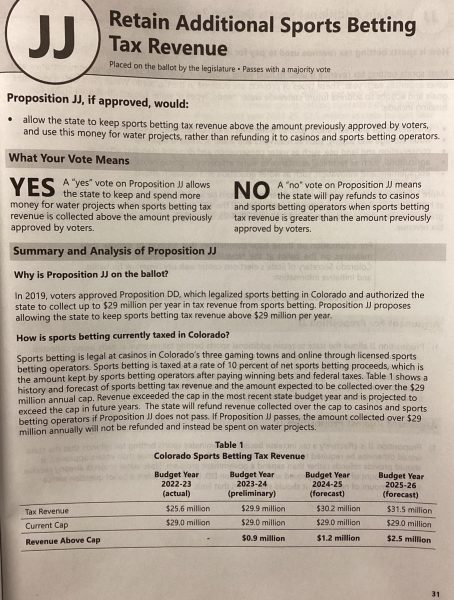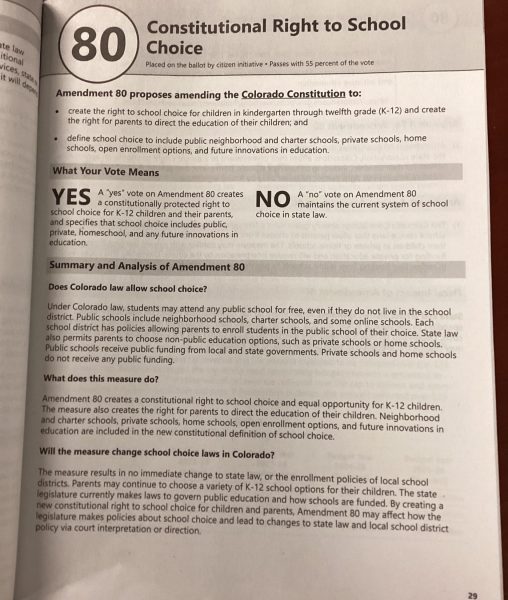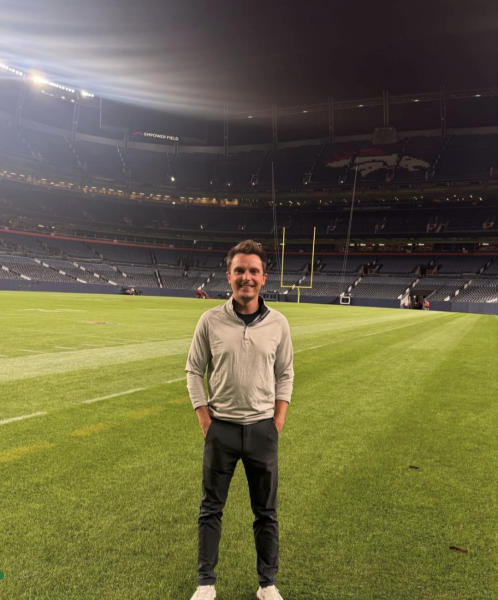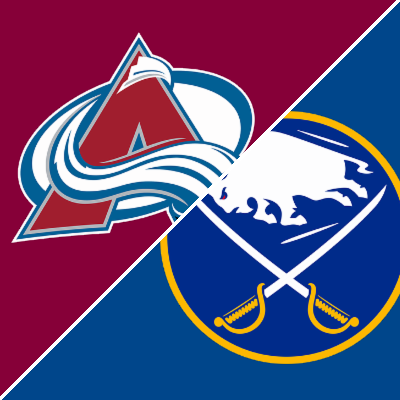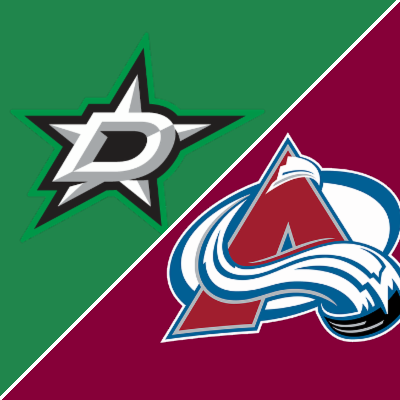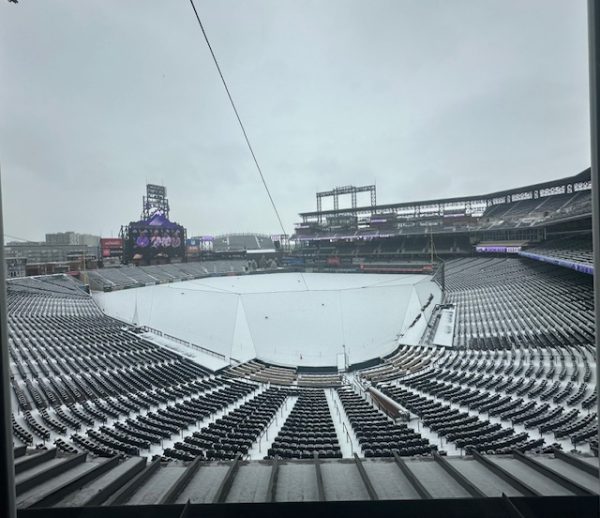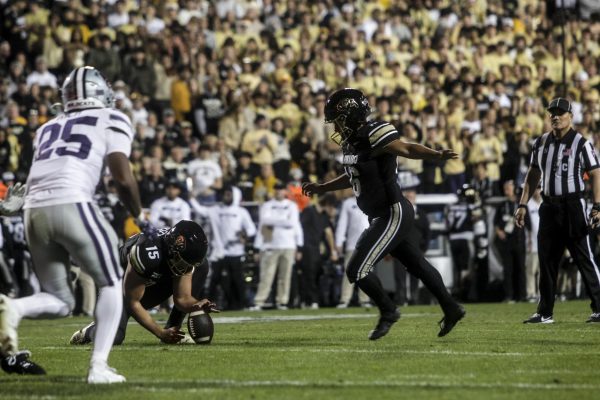Op Ed: Kobe is going, but no NBA fan should forget him
When crumpling up a piece of paper, the first instinct is to fade away from the trash bin and shoot the wad of paper. When the wad is sailing through the air you don’t shout MJ, you shout K-o-b-e.
Over the past 20 years, the NBA was taken by storm by a 17-year-old guard out of Philly. He was the first high schooler ever taken in the NBA draft, and to this day. At the time, he was the youngest person to ever sign a professional contract – so young that his parents had to sign it for him because he wasn’t a legal adult.
Throughout Kobe’s career he was held to a superior standard. A young Kobe showed flashes of brilliance, tenacity, and heart. He was bound to be the next Michael Jordan. Kobe got the privilege of playing against MJ many times and he didn’t back down. On Dec. 17, 1997, the two went head-to-head for the first time.
Before the game, Michael spoke highly of his opponent saying, “Kobe is a star of the future. It’s no different than when I had to play against Dr. J. I think the game is a little deeper than just two individuals but I’m sure there’s going to be enough excitement just based off the expectations to keep everybody on the edge of their seats.”
The people got exactly that, a battle of two greats from two different eras: the present versus the future. Michael’s stat sheet read 36 points, 5 rebounds, and 4 assists while Kobe’s read 33 points, 3 rebounds, and 2 assists. Nearly identical.
That night was the defining moment of the young stars career and birthed the saga of Kobe Bryant.
Two years later, after the hiring of former Bulls coach Phil Jackson, and the acquisition of monster sensation Shaquille O’Neal, the Lakers grabbed their first title of the Kobe era. At that moment, Kobe didn’t care about how many points he put up, or how many wins his team could notch. Kobe was chasing one number: six. Six rings. The same number of titles MJ amassed with Chicago. The Lakers, led by the Kobe-Shaq duo, were the last team standing in 2000, 2001 and 2002.
Despite having to share the spotlight with Shaquille O’Neal, Kobe had a streak in February of 2003 when he had nine consecutive 40-point games. The only other players to produce similar numbers were Michael Jordan (9) in the 1986-1987 season, and Wilt Chamberlain (14) who did it twice in the 1961-1962 season. Kobe was emerging as the league’s most elite scorer – he was on top of the world.
During the 2003 offseason, Kobe was involved in an aggregation of adversity that would’ve halted most athletes’ career. Instead, Kobe persevere, and didn’t let it shake him off the throne.
In the 2003-2004 season, LA failed to reach the finals after a loss to San Antonio in the Conference semis. Though he didn’t notch another ring under his belt that season, Kobe’s name again went into the record books after hitting 12 threes in a game against Seattle.
After a surprising five-game series defeat in their fourth Finals appearance in five years, tension in the locker room soared, and either Kobe or Shaq had to go. Shaq was shipped off to Miami.
Though both greats say they could have won 10 titles together, the move was best for Kobe’s legacy because it was being overshadowed by Shaq’s dominance. After the move, LA re-hired Phil Jackson after one year of retirement. Kobe was paired with the man who harnessed MJ’s abilities and allowed him to truly shine. Kobe was bound to become Jackson’s next great pupil.
In the 2005-2006 season, Bryant scored 81 points in a game against Toronto. It was the most since Wilt Chamberlain posted 100 in a completely different era of basketball. This was in modern day, where 50 point outings are rare. During Chamberlain’s days, he scored 50-plus on a regular basis. Kobe scored 55 alone in the second half.
Kobe was in his prime and was seemingly unstoppable. In the 2006-2007 season he passed Michael Jordan for most consecutive 50-plus point games. In a streak of four games, he managed to reach the half century mark in points.
Between 2008 and 2010 Kobe led the Lakers to three straight finals appearances, and they walked away with two. He was one short of duplicating Michael’s title-winning fashion with two sets of three-peats. For the rest of Kobe’s career, he was chasing that sixth ring.
In 2012, Kobe’s dying wish seemed within arm’s reach when LA acquired NBA All-Stars Dwight Howard and Steve Nash in free agency. The new big three struggled to find chemistry and could not live up to their high expectations. Dwight wasn’t getting the ball down low, and with Nash on IR for most of the season, Kobe became the team’s elite passer. This was all while his Laker team was chasing that last slot in the Western Conference playoff picture. They sealed it in the last game of the regular season and Kobe’s veteran leadership was shining brighter than ever.
Phil Jackson won 11 titles as an NBA head coach, six with Michael and five with Kobe, two of the greatest to ever pick up a basketball.
Aside from being compared to Michael his entire career, Kobe’s name is popular among the NBA record books. He has made his mark on the game and we’ll never forget Kobe Bryant. Kobe has appeared in 17 All-Star games, he’s a 15-time All-NBA selection, he’s the youngest player to ever win the Slam Dunk Contest (18 years old), he’s third on the career points list (32,683 – he surpassed MJ), he’s the youngest player start a game (18 years, 152 days) and he holds many more records.
One record that speaks very loud about Kobe’s relationship with the game of basketball is his record for most seasons with a franchise (20).
Kobe was loyal, loyal to L.A. and loyal to the game. He announced his retirement in a heartfelt letter to the Player’s Tribune.
“YOU asked for my hustle, I gave you my heart.”
He wrote about his deep love for the game of basketball and how that love only intensified over the years. Kobe Bryant is one of the last of a dying breed.
Players today play for the money and the fame. Kobe played for the love of the game.
There will never be another Kobe Bryant. Unlike his jumper, his impact on the game will never fade away.
Babe Ruth once said, “Heroes are remembered, but Legends never die.”
Thank you for everything, Kobe.



